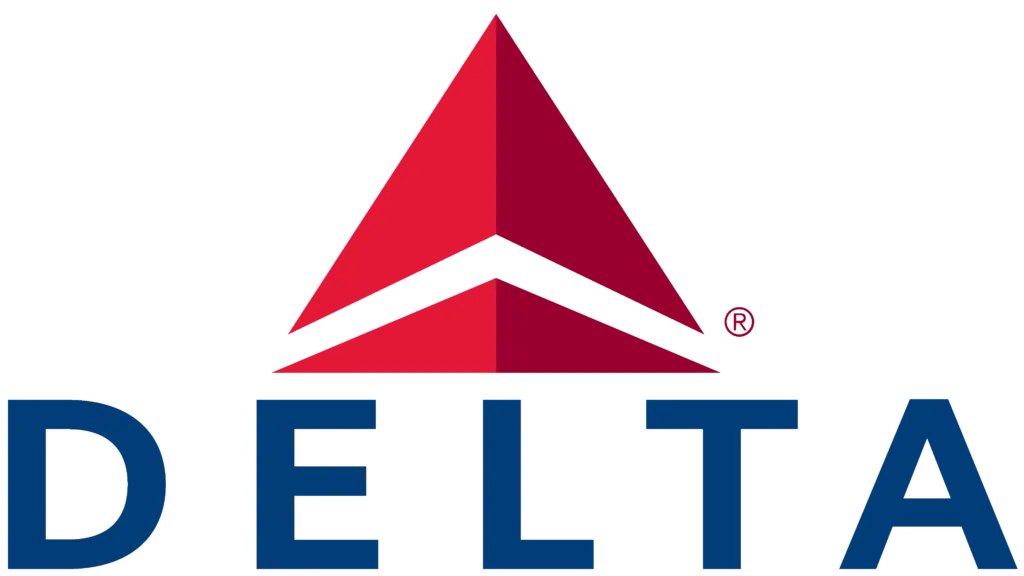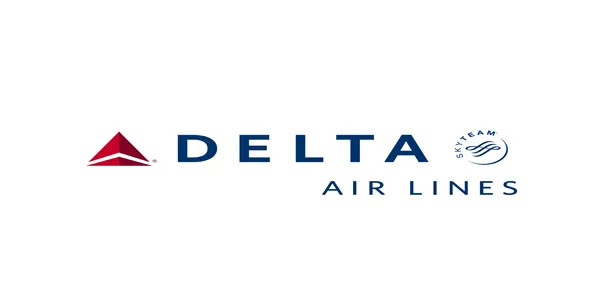Have you ever wondered how Delta Airline manages to stay afloat in the highly competitive airline industry? As someone who loves to travel, I have always been intrigued by the business side of airlines. And when it comes to profitability, Delta definitely stands out. So, if you’re like me and want to know the secrets behind how Delta makes money, then keep reading!
In this article, we’ll take a closer look at the financial strategies and tactics that have made Delta one of the top-performing airlines in the world. From ticket prices and operational costs to loyalty programs and partnerships, we’ll cover all aspects that contribute to Delta’s success. So let’s buckle up and dive into this comprehensive analysis of how exactly Delta Airline makes money!
So, how Delta airline makes money?
Delta Airlines makes money through various revenue streams such as ticket sales, ancillary fees, cargo services, and partnerships. Let’s dive into each of these in more detail.
Firstly, the main source of income for Delta is ticket sales. This includes both domestic and international flights. The airline has a wide network of routes that cater to different destinations all over the world, making it a popular choice for travelers.
In addition to ticket sales, Delta also generates revenue from ancillary fees. These are additional charges for services such as checked baggage, seat selection, and onboard amenities like food and drinks. While some may see these fees as an inconvenience, they actually contribute significantly to the company’s overall profitability.
Cargo services also play a significant role in Delta’s revenue generation. The airline has a dedicated cargo division that transports goods and packages across its vast network. With the increase in e-commerce and online shopping, this segment has seen steady growth over the years.
Furthermore, partnerships with other airlines and companies also bring in additional income for Delta. Through codeshare agreements with other airlines or joint ventures with partner carriers on certain routes, Delta is able to expand its reach while sharing costs and profits.
Overall, it is clear that Delta Airlines utilizes multiple sources of income to maintain its financial stability and success in the competitive aviation industry. By diversifying their revenue streams through various means such as ticket sales, ancillary fees,and partnerships,Delta can continue to thrive despite fluctuations in market conditions.
Delta Airlines Revenue Generation through Passenger Travel
Delta Airlines thrives as one of the leading carriers in the aviation industry, primarily fueled by its extensive revenue generation from passenger travel. The airline offers a range of services tailored to meet diverse customer needs, from budget-friendly options to luxurious first-class experiences. Each seat on a Delta flight represents not just a passenger but an opportunity for connection and exploration. The variety of ticket prices allows travelers to choose what fits their wallets while also providing Delta with multiple streams of income.
Moreover, Delta strategically enhances revenue through various ancillary services that accompany passenger bookings.
- In-flight meals
- Baggage fees
- Loyalty programs like SkyMiles
These add-ons create additional financial pathways beyond mere ticket sales. Emphasizing customer experience is crucial; when passengers feel valued, they are more likely to return and recommend the airline to others. Additionally, partnerships with hotels and car rental companies provide seamless travel experiences that keep customers coming back for more adventures—all while boosting Delta’s bottom line significantly. In this way, every flight becomes part of a larger ecosystem focused on both service excellence and sustainable profitability.
How Delta Airlines Maximizes Profit from Freight and Cargo Services
Delta Airlines has carved out a substantial niche in the freight and cargo sector, capitalizing on its extensive network and efficient operations. By utilizing its existing passenger fleet, Delta can transport both people and packages simultaneously, optimizing fuel costs and airspace usage. The airline employs advanced technology to track shipments, ensuring timely delivery while maintaining high standards of safety. Fostering partnerships with various businesses allows Delta to offer tailored logistics solutions that meet diverse customer needs. This adaptability not only enhances their service offerings but also strengthens relationships with clients across multiple industries.
To further boost profits from cargo services, Delta focuses on key strategies like investing in specialized containers that maximize space within aircraft holds. They also prioritize operational efficiency by streamlining processes at airports for faster loading and unloading times. Additionally, the company provides real-time updates to customers about their shipments through user-friendly platforms. This level of transparency builds trust and encourages repeat business.
By combining these tactics—leveraging technology, enhancing customer relationships, and increasing operational efficiency—Delta Airlines positions itself as a leader in freight transportation while maximizing profitability in an ever-competitive market landscape.
Read also: Who are Alphabet Inc.’s largest partners

The Role of Ancillary Revenues in Delta Airlines’ Earnings
Ancillary revenues play a crucial role in Delta Airlines’ overall earnings, helping the airline enhance its profitability beyond traditional ticket sales. As air travel becomes increasingly competitive and ticket prices fluctuate, carriers like Delta have turned to these additional revenue streams to bolster their financial standing. Ancillary services, such as baggage fees, seat selections, onboard meals, and access to lounges, contribute significantly to the bottom line. This strategy allows Delta not only to offer passengers a range of choices but also generates income that can be reinvested into improving customer experience or expanding routes.
Moreover, the growing trend toward unbundling services gives travelers more flexibility while allowing airlines like Delta to optimize their revenue generation strategies. When customers choose specific add-ons tailored to their needs—like premium seating or extra luggage—it results in an enhanced sense of value for them and higher profits for the airline. For instance:
- Baggage fees
- Priority boarding
- In-flight entertainment packages
These factors illustrate how ancillary revenues are not merely supplementary; they form a vital part of Delta’s financial ecosystem that supports growth and adaptability in an ever-evolving industry landscape.
Strategic Airline Partnerships: A Key to Delta Airlines’ Success
Strategic airline partnerships play a crucial role in the success of Delta Airlines, enabling it to expand its global reach and enhance customer experiences. These alliances allow Delta to offer seamless travel options through codeshare agreements, which let passengers book flights across multiple airlines with ease. For instance, when traveling internationally, you might find yourself on a Delta flight that connects with an airline like Air France or KLM. This means you can check your bags through to your final destination without the hassle of collecting them during layovers. Such connections not only make travel more convenient but also broaden the network available to customers, making Delta a more attractive choice for travelers.
Moreover, these partnerships contribute significantly to loyalty programs like SkyMiles, where frequent flyers earn points regardless of whether they fly solely with Delta or its partners. As members accumulate miles from various airlines within their alliance, they enjoy greater opportunities for upgrades and rewards. Additionally, collaborative efforts in marketing and operations help each airline optimize costs while providing top-notch service. With strong alliances such as those under the SkyTeam umbrella—comprising 19 partner airlines—Delta positions itself effectively in the competitive aviation market while enhancing passenger satisfaction through flexibility and convenience.
You may also like: landed property
The Secrets behind the Financial Success of Delta Airlines
Delta Airlines, one of the largest and most recognized carriers in the world, has built an impressive financial foundation over many years. Its secret to success lies in a unique combination of strategic planning and customer focus. By offering a variety of services that cater to both leisure travelers and business commuters, Delta ensures that it meets a wide range of needs. The airline also invests heavily in its fleet, regularly updating aircraft for improved efficiency and passenger comfort. This commitment not only enhances the flying experience but helps reduce operational costs related to fuel consumption.
In addition to these efforts, Delta excels at forging strong partnerships with other airlines through code-sharing agreements and alliances like SkyTeam. These collaborations expand its reach globally while maximizing revenue opportunities from connecting flights. Moreover, Delta’s loyalty program is particularly noteworthy; it encourages repeat business by rewarding frequent flyers with points that can be redeemed for upgrades or free trips. By focusing on customer satisfaction and maintaining a robust network infrastructure, Delta Airlines has managed to create a loyal customer base that contributes significantly to its ongoing financial success.
Overall, their approach reflects an understanding that success isn’t just about flying planes; it’s about building relationships with customers across the globe.

